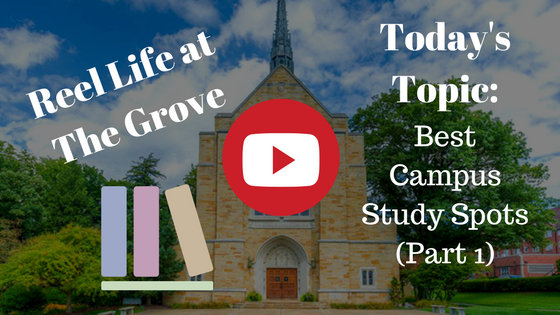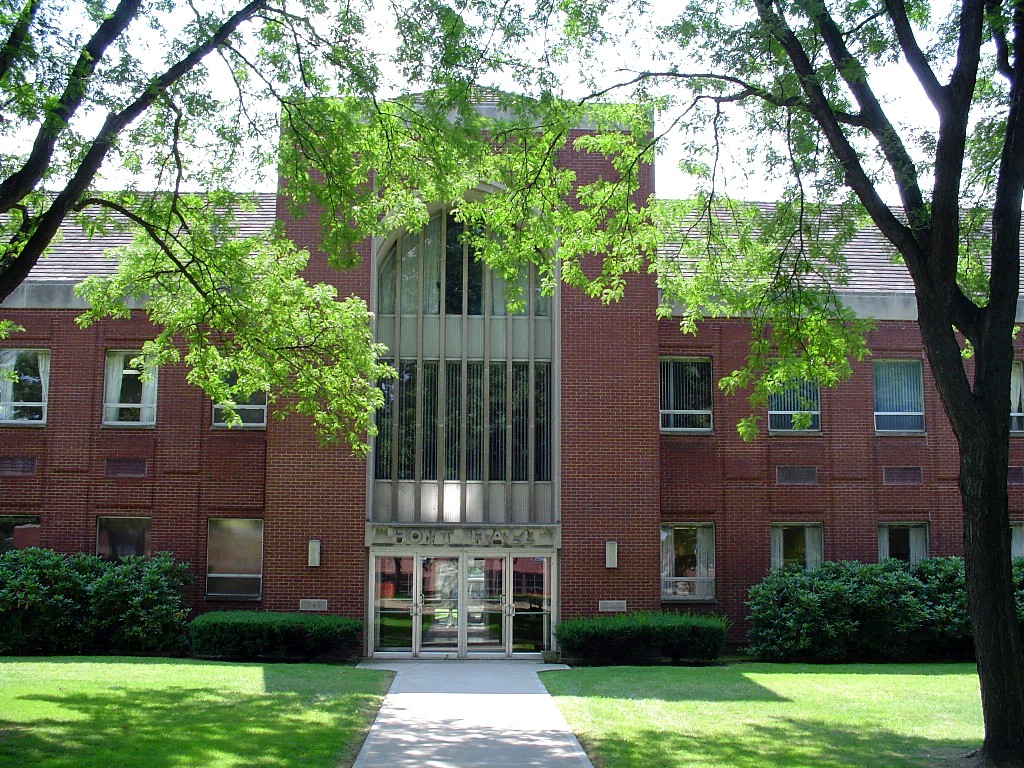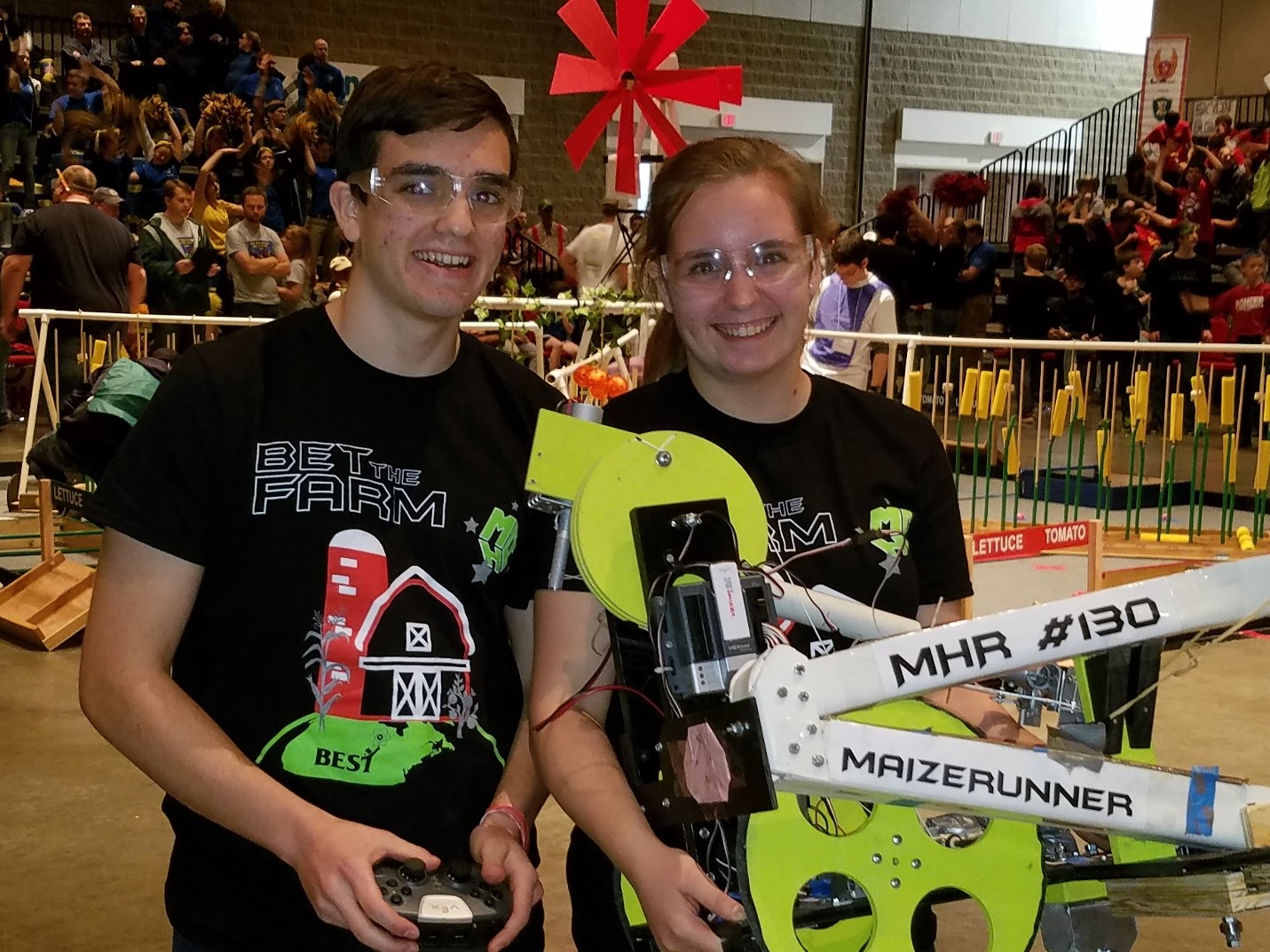Reel Life at Grove City College: Best Campus Study Spots (Part 1)

To me, as a high school student searching for the college I would end up at, knowing that the place I chose would have top-notch study spaces was incredibly important. I love having serene, beautiful places to study. Finding out that Grove City College excelled in that area made a big difference to me when I visited for the first […]
Read more






